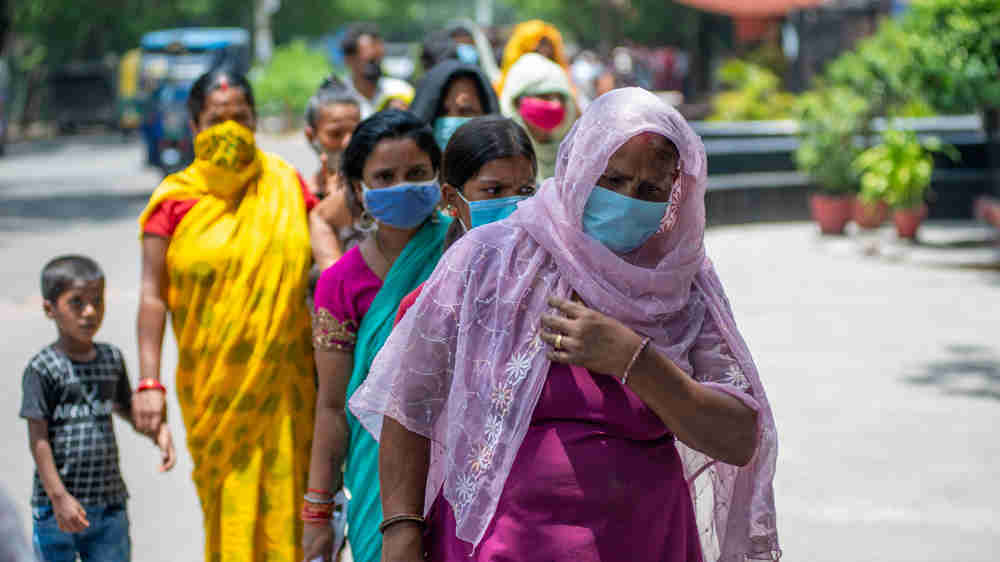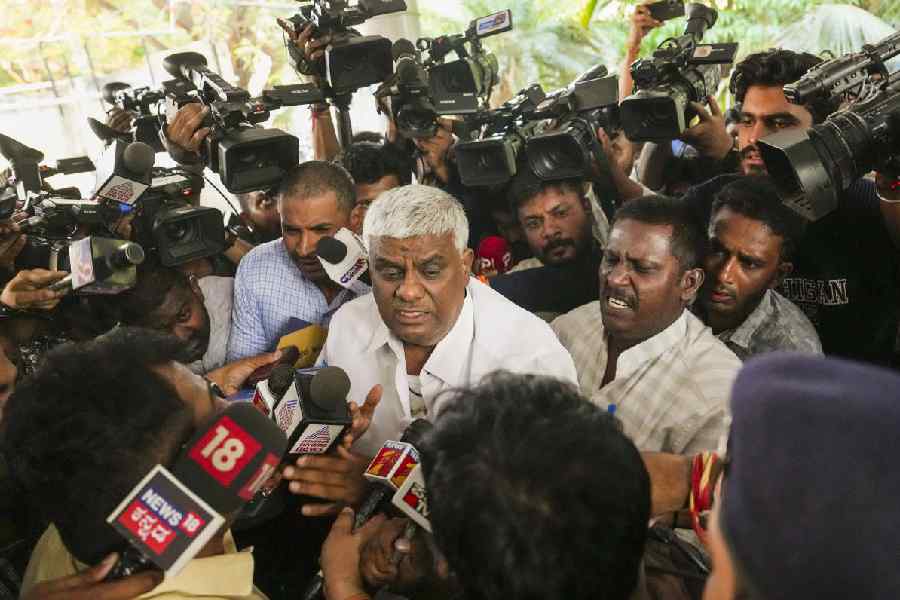The post-pandemic world would be different. The architecture of economic and social institutions should be commensurate with this new world. The hardest hit in the pandemic has been the poor. To understand their challenges, coping strategies and alternative business and institutional models, we conducted in-depth interviews with several self-employed individuals in Calcutta, including auto-drivers, caterers, electricians, tea-stall owners and so on. The findings are instructive.
Informal networks have become critical in coping with the economic shock and in conducting business. These networks can be horizontal or vertical. At the horizontal level, networks can comprise neighbours, rentiers, suppliers of raw material and customers. The urban poor have often missed paying rent or education fee. Yet, they could get by as their pledges of delayed payment were credible to those who are part of their socio-economic constituency. The networks at the vertical level could be connections with the higher administrative staff.
The much-touted strategy of taking up alternative professions appeared to have elicited a poor response. Only a few have attempted to look for alternative avenues of earnings. Some of these attempts did not last long. Those who went back to their native villages during the lockdown of 2020 did not do so during 2021.
Significantly, people innovated strategies and business models in their professions with the help of the experience they gained in the last one year. Businessmen are managing stocks according to their immediate business needs. Some have maintained raw material stocks that would be sufficient in the long run. The stocks are thinner in the case of perishable raw material. Caterers are conducting their business differently when they sense that the number of attendees to an event is likely to be higher than the stipulated limit. In such cases, they are providing cooks, plate-pickers and dish-washers separately but not cooked food.
Non-availability of work has been the principal challenge. Additionally, the diseconomies of scale have caused hardship to the self-employed. The loss due to the diseconomies of scale becomes evident while purchasing raw material and delivering services. For example, caterers are serving groups that get invited on different days by the same individual for the same occasion. Although the total work remains the same, the average cost goes up, impacting profit adversely.
The respondents made us rethink the role of institutions in economic policymaking. An important fallacy of economic policy is the absence of formal recognition of informal networks. Robert Putnam, an American political scientist, had termed this ‘social capital’. In the absence of financial capital, social capital can provide succour to businesses in the informal sector in the post-pandemic world. These networks can even be institutionalized on an alternative, low-cost, transparent platform. These platforms can help find potential customers, increase work and lessen the diseconomies of scale by aggregating orders.
The policy response of the government needs to be revisited as well. The public distribution system has helped the urban poor but some of the regulations of normal periods need to be relaxed during the pandemic. Route permits given to auto-drivers designed to maintain order in the transport system have become unnecessary during the pandemic. Yet, auto-drivers had to spend money to get their permits renewed.
Development economics is critical about employing unpaid family labour, especially women, in business. Yet the experience of the pandemic reveals that this is necessary and can enhance welfare. Now is the time to think differently about and restructure our world.










